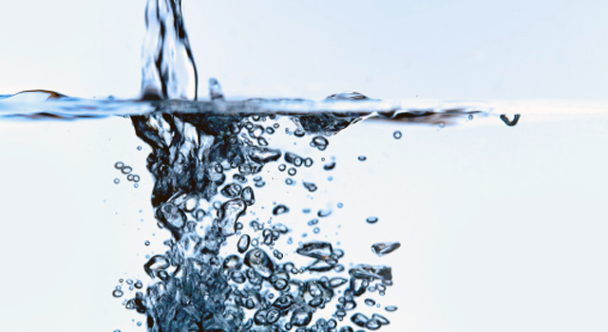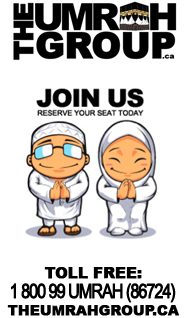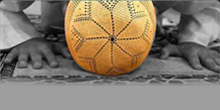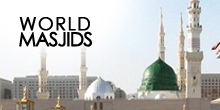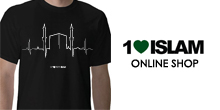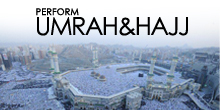By Shaykh Omar Subedar
Approximately 1450 years ago humanity was in complete lost. Man had adopted a route in life which Allah had not approved of. Communities, such as the ‘People of the Scripture’ where being misled by their leaders, who were entrusted with the responsibility of guiding the community by safeguarding the divine texts and disclosing it to them in its entirety. Instead they distorted its teachings and the teachings of their Prophets and beguiled the public into believing in whatever corrupt concepts they fabricated. All of this they did for the sake of monetary gain and protecting the hierarchal system they had established. A lengthy era had passed in which no Prophet was sent by the Almighty for the guidance of mankind. Finally, 570 years after Allah’s [sent] spirit and word, Ësä ibn Maryam عليه السلام had ascended to the heavens, Allah blessed humanity once again for the final time by sending a man who He has described as; a witness, a bringer of good tidings, a Warner, one who invites to Allah by His permission, and an illuminating lamp [33:45].
It was in the desert valley of Makka that Allah blessed the young widow, Amina with a son who was to become the paradigm of spiritual excellence, Muhammad صلى الله عليه وسلم. Signs were shown to her before, during and after his birth that displayed his greatness and exceptionality. It was only after the age of 40 that Allah sent him to the world with the mission of taking humanity out of the depths of darkness and deviation towards the light of guidance and spiritual success. The Prophet صلى الله عليه وسلم fulfilled the task with a level of patience, tolerance and perseverance that was rarely witnessed in history before and after two decades of intense work, Allah the Exalted finally opened the doors of victory and an entire nation was transformed. The divine message was delivered in full and the religion of salvation was complete.
While performing the ‘Farewell Pilgrimage’ the Prophet received the revelation; This day I have perfected for you your religion and completed My favor upon you and have approved for you Islam as religion. [5:3]. It was only a few months after this revelation that the Prophet صلى الله عليه وسلم passed away however before returning to Allah he left with his nation some guidelines in order to protect them from repeating the very mistakes the previous nations made and said, “I have left two things with you; so long as you hold fast to them you will never fall astray. [They are] the book of Allah and the traditions of his Prophet.” [Al Mu’atta: 685]
He did prophesies however that after his departure from this world differences would surface in his nation; so much so that they will end up being divided into 73 groups. He issued a stern warning to those who will be responsible for these divisions by introducing their novel ideas and concepts in the religion and said, “Whoever introduces something in this matter (i.e. religion) of ours which does not belong to it, it will be rejected.” [Bukhäri: 2697]
According to another narration the Prophet صلى الله عليه وسلم explained, “Whoever observes a [religious] practice that does not conform to our affair (i.e. religion), it will be rejected.” [Muslim: 4493]
He warned the public from being deceived by exclaiming in a sermon, “…Beware of new [religious] affairs, for every innovation is [an act of] misguidance.” [Abu Däwōd: 4607]
He also stated in another sermon, “…The best guidance is the guidance of Muhammad صلى الله عليه وسلم and the worst [religious] practices are the innovated ones. Every innovation is [an act of] deviation.” [Muslim: 2005]
For those who refuse to take heed of these strong warnings and go ahead promoting new practices and philosophies in the religion and try to justify them by falsifying statements on behalf of our beloved Prophet صلى الله عليه وسلم, the Prophet صلى الله عليه وسلم has declared, “Whoever lies about me should occupy his seat in the fire [of Hell].” [Bukhäri: 107]
As for the innocent public who does not have the ability to distinguish between truth and falsehood from the onset of these teachings, the Prophet صلى الله عليه وسلم has strongly advised, “…Adhere to my practices and the practices of [my] rightly guided successors. Bite them with [your] molars…” [Abu Däwōd: 4607]
READ FULL ARTICLE at MATHABAH.ORG

